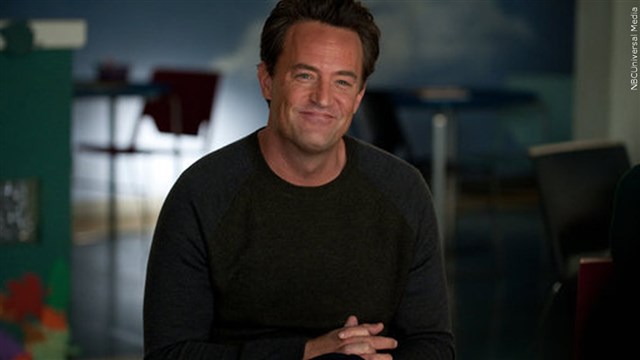Iowan who survived pancreatic cancer offers message of hope

URBANDALE — This is World Pancreatic Cancer Day and an Iowan who beat one of the most deadly forms of cancer is speaking out about her challenges and successes.
Beth Day of Urbandale is a former teacher and TV reporter who’s now a nine-year survivor of pancreatic cancer. Day says battling the disease forced her to change her outlook on everything. “I never was afraid to die, but I knew that I had to get in that frame of mind that I’ve got to survive, I’ve got to fight with all that I can,” Day says, “and now that I’m here, I share my story with anyone who wants to hear it. I’ll tell you all the ugly details to all the hope — and there’s always hope.”
Day is now a volunteer with the Pancreatic Cancer Action Network, or Pan CAN, and enjoys working with patients and their families, offering them encouragement, demonstrating that she fought it and won — and they can, too. “If you have family members or any of the symptoms, there are six really strong symptoms that you can find, but I had none of the six. I have no family history,” Day says. “I’m really an advocate for: Get to your doctor, advocate for yourself. If you are not feeling good, there’s a reason.”
The five-year survival rate for pancreatic cancer rose in the past year from 11-to 12%. While that one-percent shift may not seem significant, Day reminds that it represents many hundreds of lives. “That one-percent advance is so important because just in 2023 alone, 64,000 people will be diagnosed and more than 50,000 will die from the disease,” Day says. “There’s currently no early detection for pancreatic cancer. Usually you’ve got the disease before you even start showing signs.”
Day was 52 when she was diagnosed with pancreatic cancer and almost a decade later, the fight is still impacting her quality of life, though she emphasizes, she knows she’s very fortunate to be alive. “You’ve got to listen to your body still,” Day says. “Even nine years later, I’m realizing that I can’t do everything I want to do. I just don’t have the energy. I’ve got to take a break when I need to or say ‘no’ to something because I’d rather stay healthy instead of trying to do everything.”
Pancreatic cancer is a fast-moving disease and it’s difficult to diagnose because the symptoms can be vague and are often ignored until it’s too late. Those symptoms include abdominal pain and back pain, changes in stool, yellowing skin, weight loss, appetite loss, and a feeling of being full after only eating a little food.
You Might Also Like



